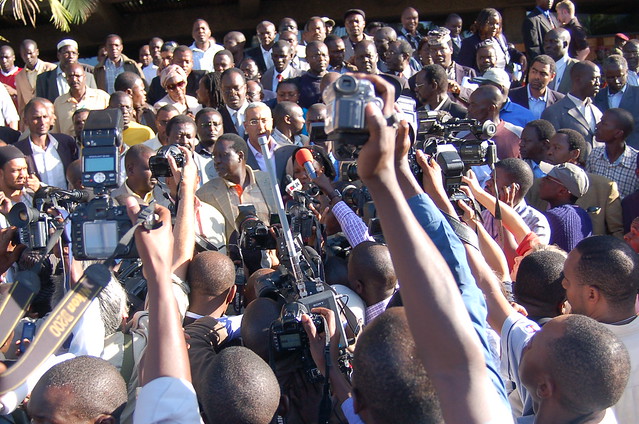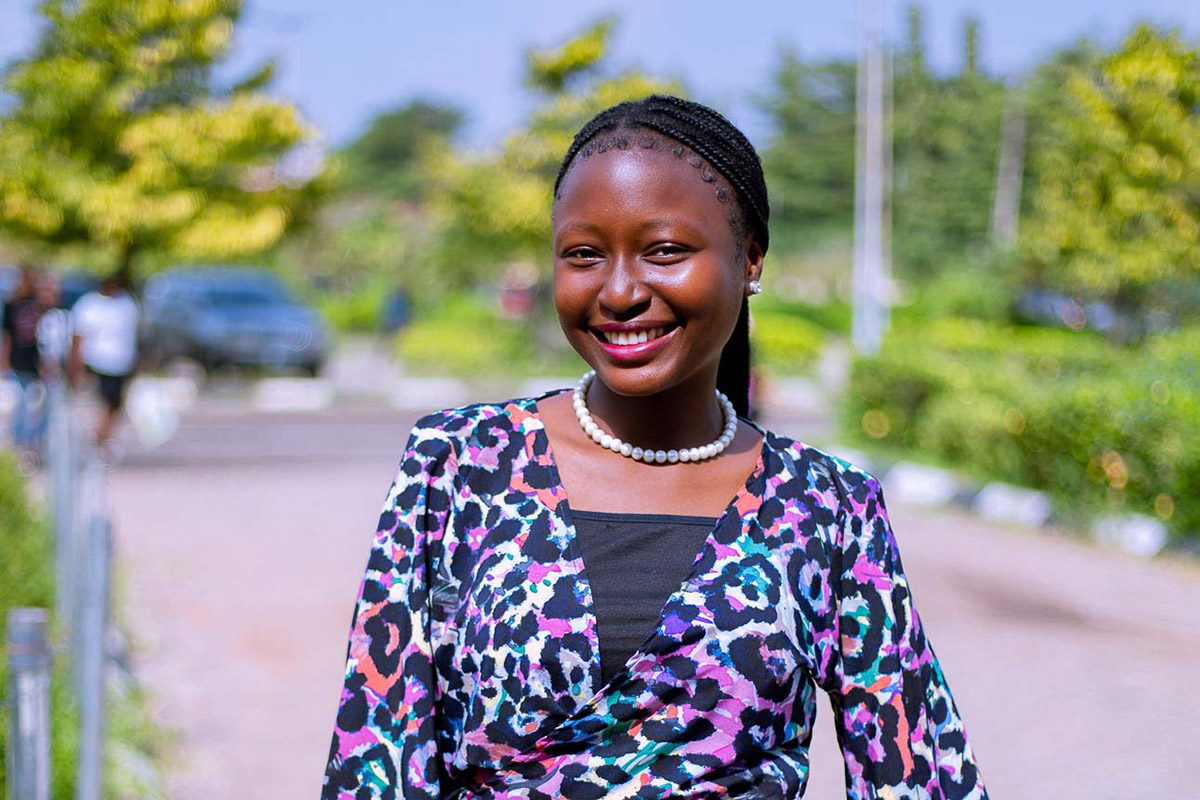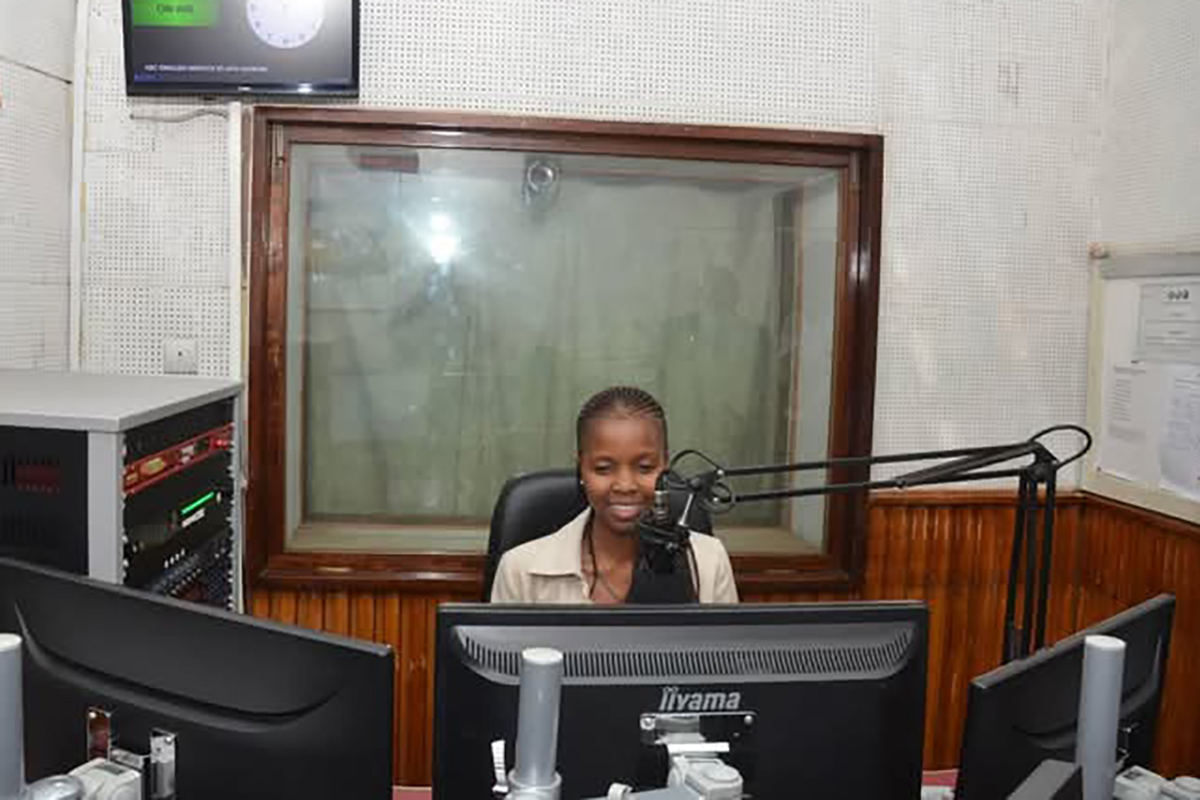“Under attack for the good work they do”
May 2
World Press Freedom Day is celebrated on May 3 each year and Bismark Akoto, 23, a Commonwealth Correspondent from Legon, Ghana argues that journalists in some countries are facing tremendous challenges as they play a crucial role in protecting democracy.
It was around 5pm on February 5, 2019 when two unidentified gunmen stormed the premises of Radio Hamseda in Northeastern Afghanistan and shot and killed two journalists – Shafiq Arya and Rahimullah Rahmani during a live broadcast.
It is worrying that more than 2,500 journalists have been killed around the world since 1990, while 15 journalists and media workers were killed between January and April 2019. Why should journalists continuously be under attack for the good work they do?
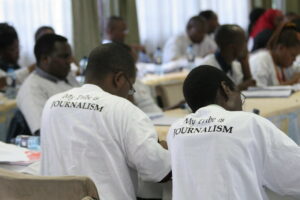
Although journalists in countries like Finland and Norway may not be subjected to censorship or political pressures, the situation elsewhere is the opposite.
It has been almost 18 years since Eritrea banned all independent media outlets in the country as part of its crackdown on dissent. According to Reporters without Borders at least 11 journalists are still languishing in various prisons in Eritrea without access to their families or lawyers.
This has made Radio Erena the only independent and politically non-partisan radio station broadcasting in Eritrea. The radio station is however run by Eritrean journalists exiled in Paris. This sad situation has not only created fear and panic among independent minded journalists in the country but has greatly affected the quality of democracy in this part of this world.
The theme for this year’s celebration “Media for Democracy: Journalism and Elections in Times of Disinformation” is very crucial as journalists are faced with many challenges before, during and after election coverage which ought to be addressed. It is important to note that politics and the media share an important and symbiotic relationship in the 21st century.
Political parties and their candidates, interest groups and other key stakeholders rely greatly on the media (journalists) for dissemination of information on emerging issues and for clarifying issues and concerns to the public. This places journalists in the mist of competing interests throughout electioneering periods. According to the Media Foundation for West Africa these competing interests contribute to making journalists likely targets for physical attacks by political activists and thugs simply for doing their legitimate work.
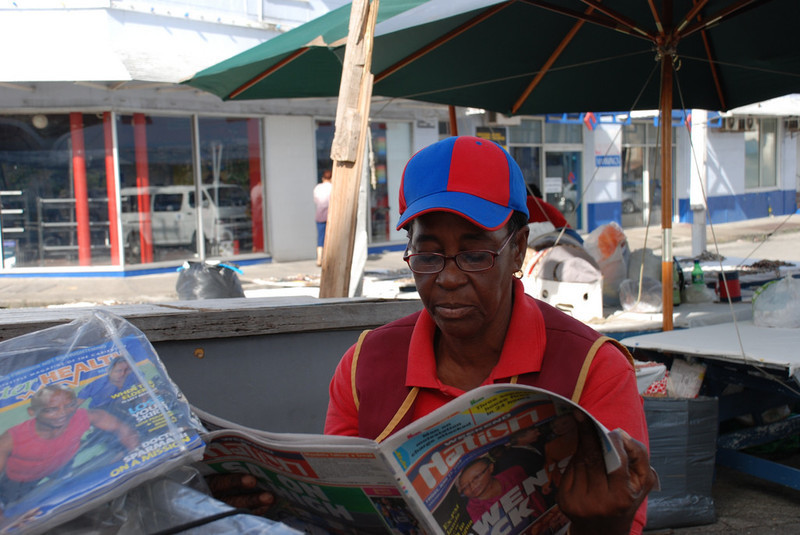
Covering elections in a fledgling democracy like Ghana comes with its own challenges however journalists are generally free to cover elections once they acquire their accreditation from the Electoral Commission on time, and follow the standard practice when they get to the various polling stations and collation centers.
One of the main challenges for journalists covering elections in Ghana is however disenfranchisement. While there is special voting one day before the main elections for journalists, and the security forces, as happened in the 2016 general elections some of these persons must travel far distances ahead of the election in order to be at the locations they are covering on election day and are therefore outside of their own polling divisions on both the day before election and on election day and are therefore unable to vote.
These and other challenges notwithstanding, the contribution that journalists make to deepening democracies around the world cannot be disputed. Indeed, like a mirror, the media shows the bare truth and harsh realities of life and a democracy without an independent and vibrant media is like a vehicle without wheels.
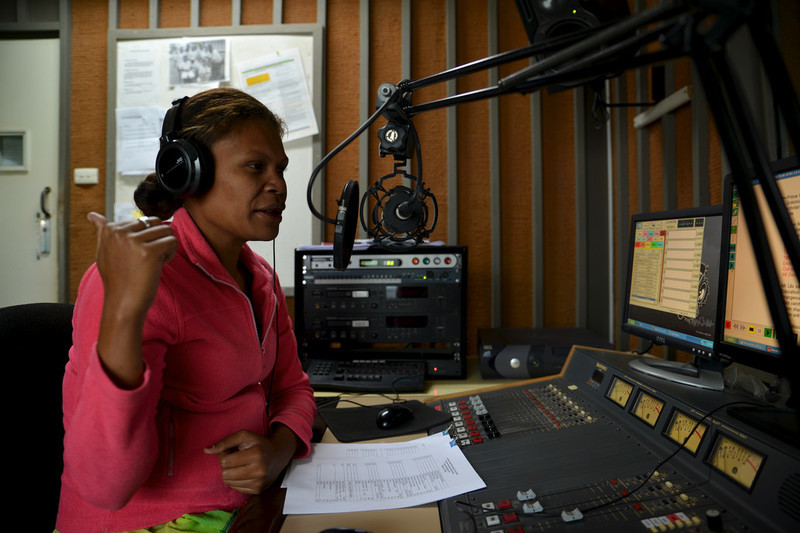
Regarded as the fourth estate, the media exposes and critiques the loopholes in the governance of countries and facilitates constructive criticisms and solutions from opposition parties, civil society organizations and ordinary citizens. Its work also encourages more accountability, responsiveness and citizen friendly governance.
In times of conflicts, journalists play critical roles as well. Through reconciliatory reportage where the voices of each side of the conflict are heard, the media is able to bridge these differences leading to the protection of lives and properties.
The media therefore needs to protected at all times and should be given easy access to information. Like Ghana, the passage of the Right to Information Bill into law will give journalists and citizens alike the easy access to certain vital information which will foster a culture of transparency and accountability in public affairs.
In conclusion, I would like to pay respect to some gallant journalists such as Ahmed Hussein-Suale(Ghana), Jesus Eugenio Ramos Rodriguez(Mexico), John Michael Decano(Philippines) and Ziad Al-Sharabi(Yemen) who have already lost their lives in 2019 in connection to the work they do. As the Director General of UNESCO said earlier this year, “…Killing media workers constitutes an outrageous attack on the fundamental human right to freedom of expression and on people’s right to access information and engage debate”. Based on that, I call on the various governments to expedite the arrest and prosecution of the perpetrators of these barbaric acts.
About me: I am a graduate of University of Ghana where I studied Political Science. I have been an Assistant Schools’ Coordinator for the National Union of Presbyterian Students-Ghana from 2015 to 2018. I am currently an IT Assistant at Akuafo Hall ICT Laboratory, University of Ghana. I am hugely interested in issues related to education, sustainable development, human right, poverty reduction, democracy and international relations. It’s my vision to use my acquired knowledge to develop my country and Africa.
………………………………………………………………………………………………………………
